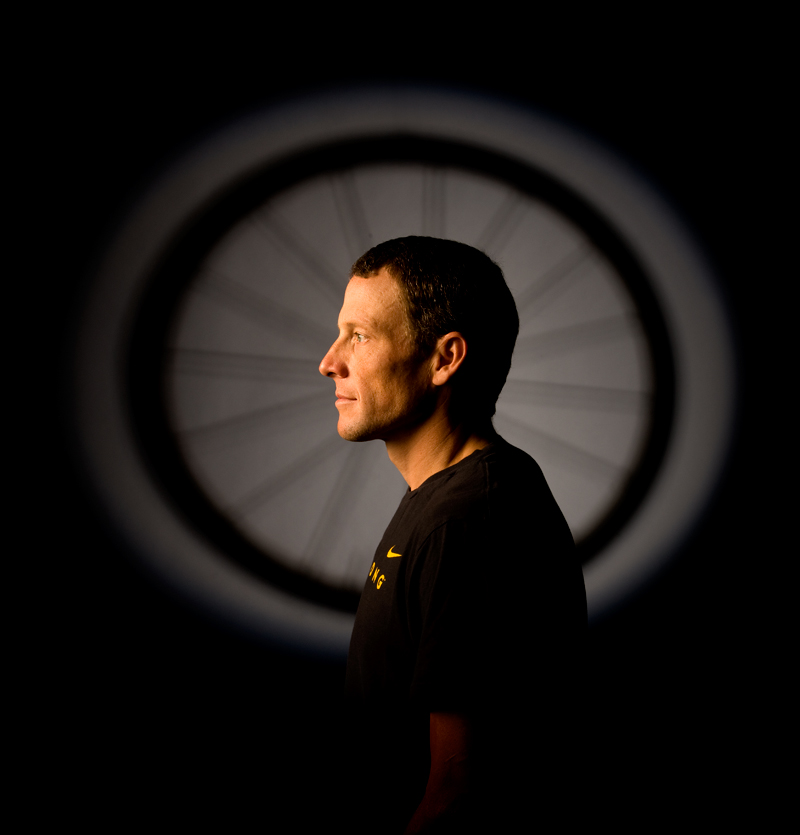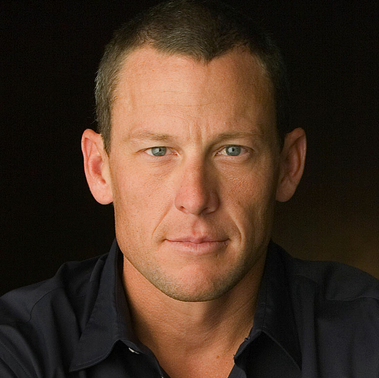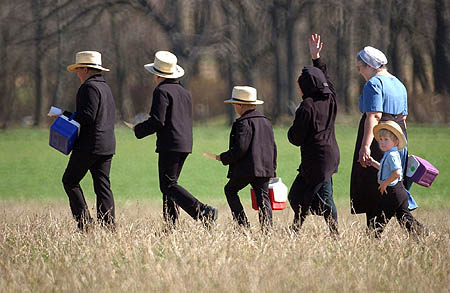If your readers on Amazon aren’t writing enough glowing reviews about your books, what’s an enterprising author to do?
Well if you’re British crime writer R.J. Ellroy, you start anonymously writing and posting those glowing reviews yourself. And why stop there? While he was busily embellishing his own critical commentary, he also was posting anonymous slash’n’burn lines about authors and books he viewed as competitors—for over 10 years, apparently—until he was outed recently by a fellow author.

Submitting a bogus review in your favor is so common these days that it’s been given a name: Sock-Puppeting. When you’re not getting the reviews you wish you were getting from real people, you “anonymously” give yourself the review you’d like to have.
A few words about Ellroy. He wasn’t a new writer, looking for a fair shake and a couple of kind words (although just starting out would hardly take him off the hook). Instead, he is the author of many highly successful books, some of which have won major book awards. So even successful people can be fakers if, for whatever reason, they still don’t think they’re being held in high enough regard.
How highly regarded did Ellroy want to be? For a glimpse of what he wished others were saying about him, take a look at an excerpt from one of those “anonymous” reviews he posted.
I don’t need to really say anything about the plot of this book. All I will say is that there are paragraphs and chapters that just stopped me dead in my tracks. Some of it was chilling, some of it raced along, some of it was poetic and langorous and had to be read twice and three times to really appreciate the depth of the prose…it really is a magnificent book.
I’ve got to admit. If I read that customer review, I might go out and buy Ellroy’s book. That’s because we often trust what supposedly “regular people” have to say about a book or restaurant or hotel stay more than what the “experts” are telling us. Which, of course, is why Sock-Puppetry is so rampant: it seems so credible, and the puppeteers rarely end up being caught.
There are fines and penalties imposed for writing fake reviews by regulators like the Federal Trade Commission. And if your colleagues already view you with suspicion (some already thought Ellroy was “self-aggrandizing” and “chippy”), they may provide the kind of policing that recently brought Ellroy’s mischief to light. Experts are also getting better at detecting suspicious word and phrasing patterns in on-line reviews through linguistic analysis. But this isn’t principally about being caught. What I’m wondering is: why aren’t all the fake reviewers stopping themselves before they put those socks on their hands?
Because, of course, this not just an isolated instance of an author like Ellroy extolling his “poetic and langorous” prose. It’s faker after faker, with lots of writers being exposed for submitting bogus reviews. And that doesn’t begin to capture all the “non-professional writers” who are anonymously celebrating their own “amazing” products or “kid-glove” services.
While some review-hosting organizations like Expedia are trying to reduce the problem by ensuring that the reviews they post are by “real” consumers, the questions remain. Why is there a near epidemic of fake customer reviews today, and what’s to be done about it?
Why it‘s happening is because in book selling (as in all forms of retail), we’re in a period of rapid market change. Authors simply have less control over their books and their income as the traditional publishing model breaks down. Indeed, every bricks-and-mortar store or restaurant or salon is facing new challenges when a customer’s smart phone can scan for more competitive on-line prices while she’s standing in your store, or be guided to your supposedly “five-star” establishment while she’s walking down the street. In a retail climate like this, the pressure is on to give yourself every advantage you can get.
During anxious times, those with a weak grasp of their moral compass find it easier to cast ethics aside and do whatever they can get away with in order to succeed. So what’s to be done about this?
Almost everyone writing his first fake review must wonder at some point: “Should I submit it?” It may be a split second of wondering, but it’s a pause that leads to a soul-search in almost all of us whenever we’re presented with an opportunity to improve the odds in our favor in a dishonest way. Sometimes we don’t come up with much when we dive into our souls—but in and of itself that may be the wake-up call that gives us pause. An empty soul search can also plant the seed that it’s a skill (like lots of others) you can acquire.
In my childhood days at the shore, taking those first dives down for the striking shell or scuttling crab, I always came up empty handed. But with practice I learned. Soul-searching is like that. It takes practice to understand what the choices are, and thereafter, how to make them.
You probably won’t be caught if you submit a fake on-line review, despite Ellroy’s experience and that of a few of his fellow sock-puppeteers. But better to refrain from doing so altogether because you’ve made the most out of that pause before you hit “post.”
(This piece appeared as an Op-Ed in the Philadelphia Inquirer on October 14, 2012.)




